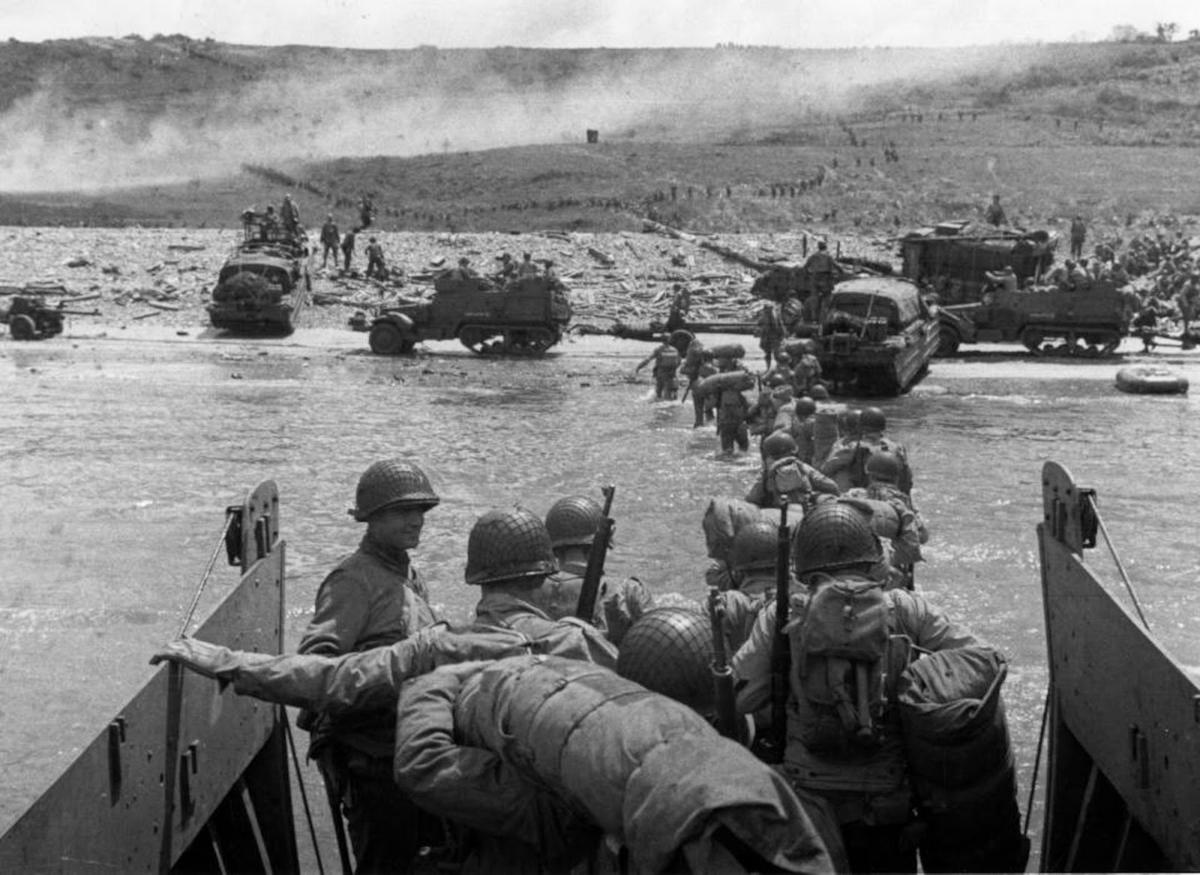Humanities - World on Fire

Subject Area: Humanities - History
Unit of Study: World on Fire
Brief Description: World On Fire investigates the different political ideologies of key players of WWII. Students analyse the long term causes and short term triggers of World War II, and changes to the nature of warfare, including the Holocaust and use of the atomic bomb.
Scaffolding Learning
At the conclusion of this unit of study students will have:
An understanding of key knowledge
the causes of World War II (H10K13)
the reasons that Australians, including Aboriginal and Torres Strait Islander Peoples, fought in World War II (H10K14)
significant places where Australians fought (H10K15)
the experiences and perspectives of those who fought or were deployed overseas, including Aboriginal and Torres Strait Islander Peoples and women (H10K16)
significant events and turning points of World War II (H10K17)
continuities and changes in the nature of warfare (H10K18)
significant consequences of World War II on Australian society and the experiences and historical perspectives of those on the home front, including Aboriginal and Torres Strait Islander Peoples and women (H10K19)
the causes of the Holocaust (H10K20)
significant events, individuals and developments of the Holocaust (H10K21)
the diverse experiences and perspectives of Jewish and non-Jewish peoples during the period of the Holocaust (H10K22)
different interpretations and debates about the significance and legacies of World War II (H10K23)
the origins and significance of the Universal Declaration of Human Rights, including Australia’s involvement in the development of the declaration (H10K37)
Attained these key skills
sequence significant events, individuals, ideas, movements and developments chronologically to analyse continuity and change, and causes and consequences (H10S02)
evaluate the value of sources for use as evidence to interpret historical significance, continuity and change, and causes and consequences (H10S04)
analyse the perspectives, beliefs, values and attitudes of people and groups based on evidence from a range of sources (H10S05)
evaluate the significance of individuals, groups, movements, events, developments and ideas (H10S09)
Demonstrated the Victorian curriculum standards and capabilities
- Intercultural Capability
- Personal and Social Capability
- Ethical Capability
- Critical and Creative Thinking
Assessment Tasks
Students will be required to complete one of the following assessment tasks:
- Source analysis
- Evaluation of historical significance
Additional learning opportunities
- Melbourne Holocaust Centre visit & survivor testimony
- Viewing of a WWII film
Resources
- Textbook: Oxford Humanities 10
- Digital device (laptops preferred)
Pathways
This unit of study could provide students with the following pathway.

